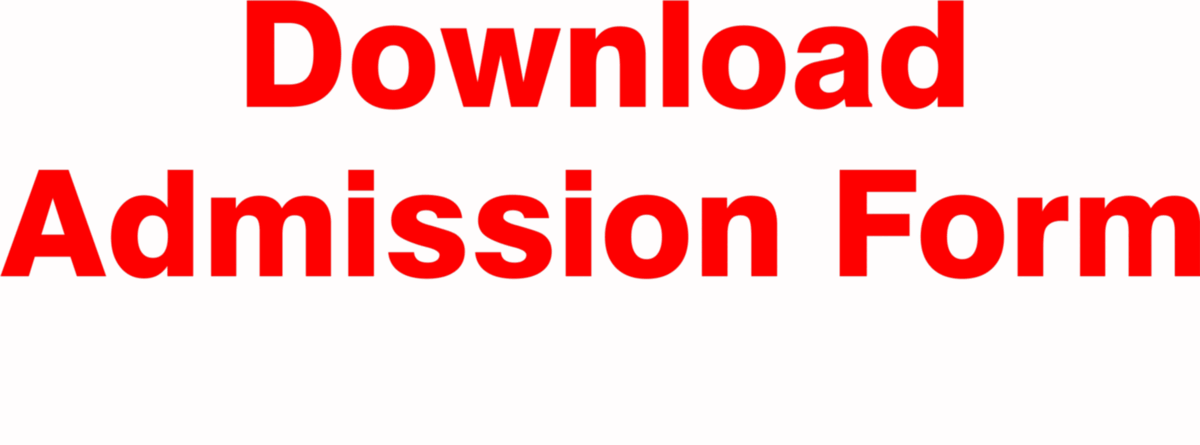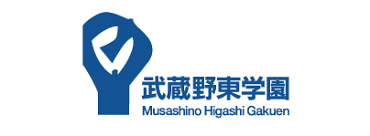Our School Structure
The Higashi Autism School is meant for children with autism who cannot cope with mainstream school syllabus for special needs. Formative assessments will individualize each student’s learning fulfilling the requirements of an effective Individual Education Plan (IEP). At all stages, worksheet banks and customized resources will be made available to the students and their families for home practice.
The Higashi Autism School has the following four-stage design.
Elementary Stage (Age 5-8): At pre-school level, parents are in denial of the autism diagnosis. Acceptance sets in from the age of 5 onwards, when kindergarten admissions happen. Effective specifics of life skills training, personal cleanliness and hygiene issues will be addressed and settled on priority at this stage. Occupational Therapy, Speech Therapy on a regular basis and play-based learning will be used to lay the foundations of language, handwriting, and numeracy skills. Physical Education will be initiated for social capacities in indoor-outdoor play and for improvements in movement.
Junior Stage (Age 8-11): Self-initiation and independence in Activities of Daily Living (ADL) to be achieved and sustained. Activity-based learning will be used to stimulate group education, concept learning, problem-solving, social and emotional development. Language teaching will become experiential and syntactic sense will be developed for conversational skills. Students will be given exposure to formal aspects of classroom teaching. They will be introduced to IT skills, reading, writing, comprehension, and specific subjects like yoga, fine arts, basic science, local environment knowledge.
Middle Stage (Age 11-14): Curricular styles of the junior stage to progress with interdisciplinarity like blending of Occupational Therapy (OT) and Sports for optimal outcomes in fitness activities. A base of core vocabulary, functional grammar and ability for sentence construction through different modalities – spoken, written and AAC – will be achieved. This stage will focus on self-generative learning, integration of skills and expression of choice. Subject levels will be enhanced to prepare students for transition to vocational and college courses. Visual integration will be done across all the three stages for creating interest and engaging classrooms.
Vocational Stage (Age 14-18): After six years of study (Junior & Middle stage), students get subject depth. Disciplined practice and regular structure prepare the student to focus on chosen skills, application of concepts and preparation of work portfolios. These skills are required for undertaking future employment or self-employment roles.
Teacher capacity: There are elementary school teachers with major in special needs, Occupational Therapists, Speech Therapists, Language Teachers with hi-tech AAC training, Subject Teachers, Art & Crafts Teachers, Sports coaches and Physical Education Teachers, Music Teachers and Vocational Education Teachers.
Nursing Services for providing basic on-site first aid and administering safety protocols in our Health room by nursing staff.
CLASSROOMS
Innovative physical design for conducting high quality Learning of Subjects & Skills Programs
SPORTS GROUNDS
Speed related and endurance building sports to nurture fitness, biomechanics cardio and coordinative abilities
GAMES
Running, Cycling, Football, Short Sprints, Basketball, Cricket lessons by Sports coaches
YOGA
Integrated Approach to Yoga Therapy (IAYT) for Autism, Yoga Games & Chair Yoga for classroom breaks
THERAPY ROOMS
For Speech and Occupational Performance. Tailored therapy for communication difficulties by SLTs & Sensory Integration by Occupational Therapists
DINING
Serves Nutritious & Freshly Cooked Meals. Building abilities to eat, chew, swallow & table manners
LIFE SKILLS
Activities of Daily Living (ADL), development of Adaptive behavior and social skills
NATURE WALKS
Time in nature to activate curiosity, creativity & calmness




